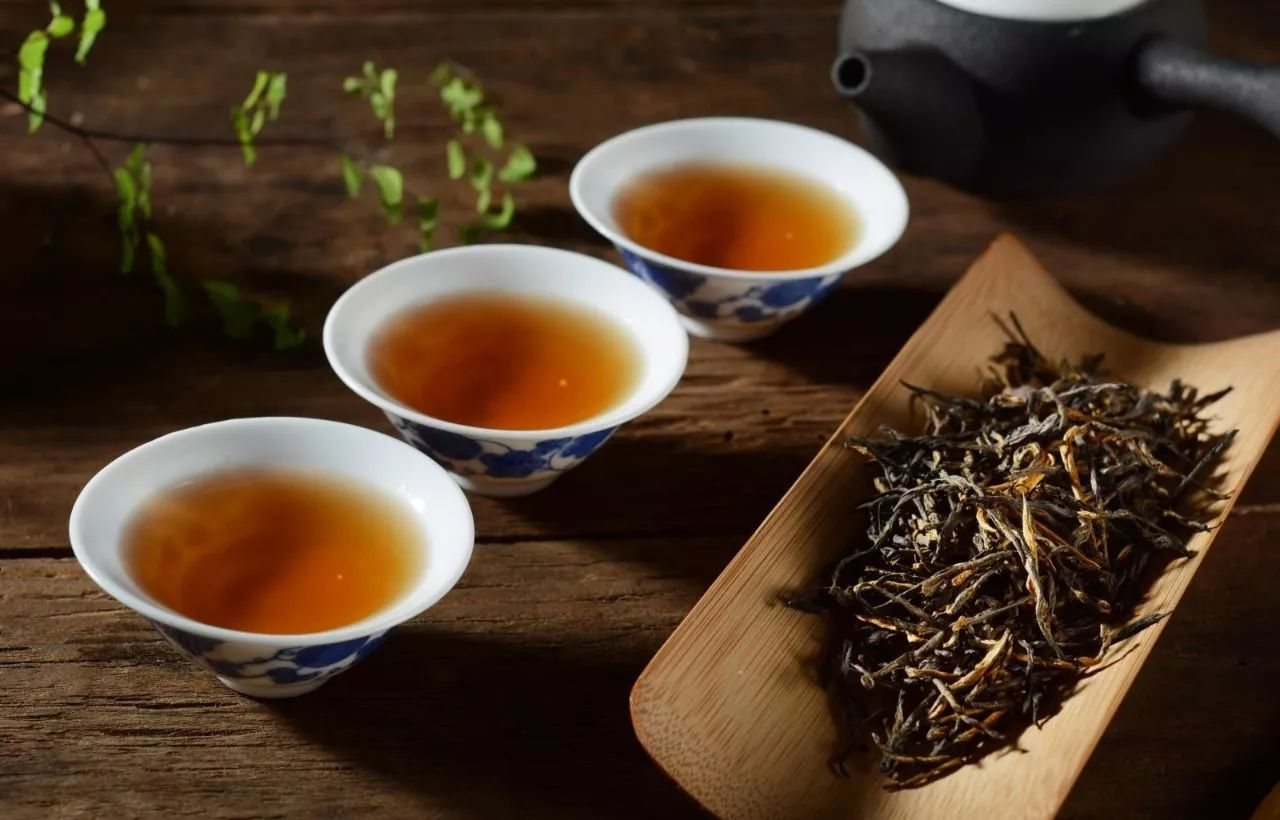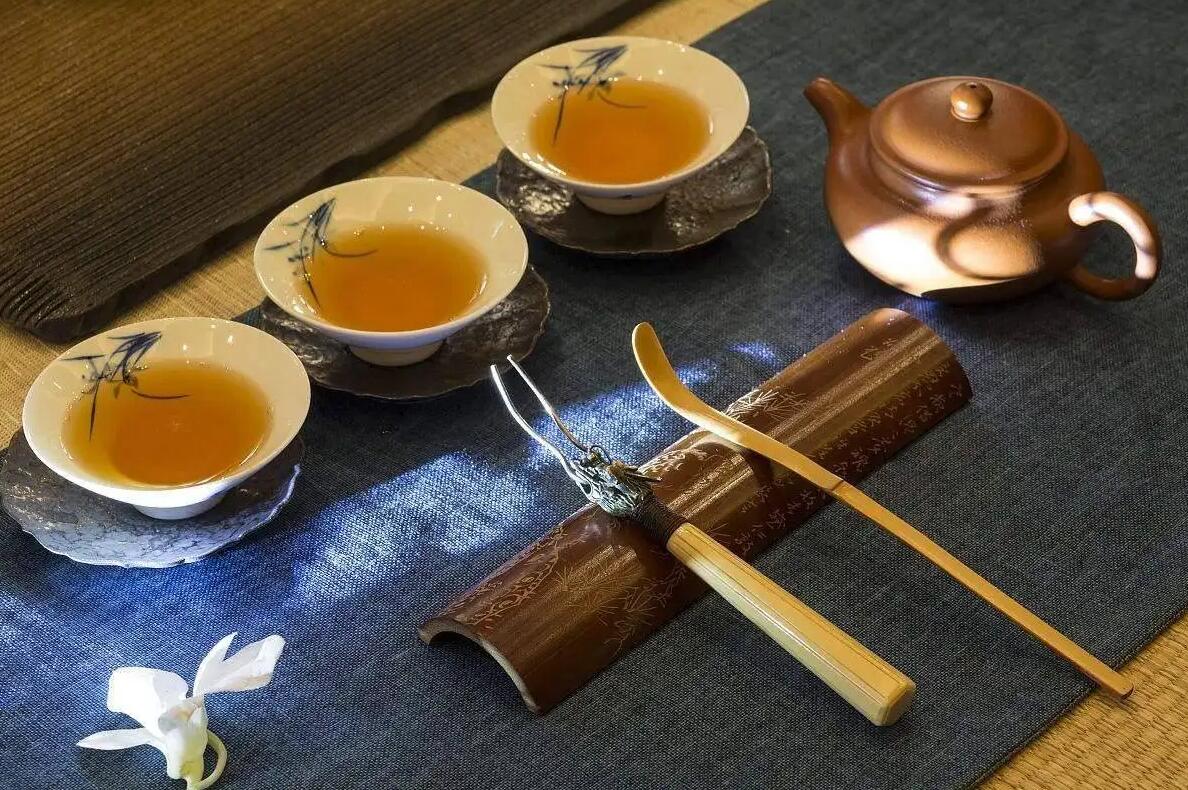A genuine way of life directed by a code of ethics and morals in accordance with the very essence of tea, chado emerged in Japan during the 15th century. In his marvelous book outlining the close relationship between the spirit of tea and Japanese culture, The Book of Tea, Okakuro Kakuzo defines chado as follows:
The Way of Tea is a cult founded on the love of beauty in even the most basic pursuits of our daily life. It teaches us purity and harmony, the mystery of mutual consideration and the romantic element inherent in the social order.
... Far from being a simple aesthetic, in the ordinary meaning of the term, the philosophy of tea expresses, at the same time as an ethic and a religion, our global concept of man and of nature. It is a hygiene, in that it demands cleanliness; an asceticism, in that it demonstrates that well-being is to be found in simplicity and not in some expensive complexity; and finally, a system of ethics, in that it defines our sense of proportion in relation to the universe.
Sen No Rikyu defined the four basic principles that sum up the essence of the Way of Tea as follows: harmony, respect, purity and tranquility. He also incorporated wabi philosophy, a spiritual and aesthetic concept based on austerity and solitude that leads to a contemplative experience of the relationship between man and things, into the Way of Tea. In concrete terms, wabi involves transcending materialism through human interaction and sees beauty in imperfection and in the suggestion of completeness that can be found in a void. And so the Way of Tea is not restrictive. It is accessible to whoever believes tea to be a way of life that enables us to discover the hidden beauty of people and objects.



